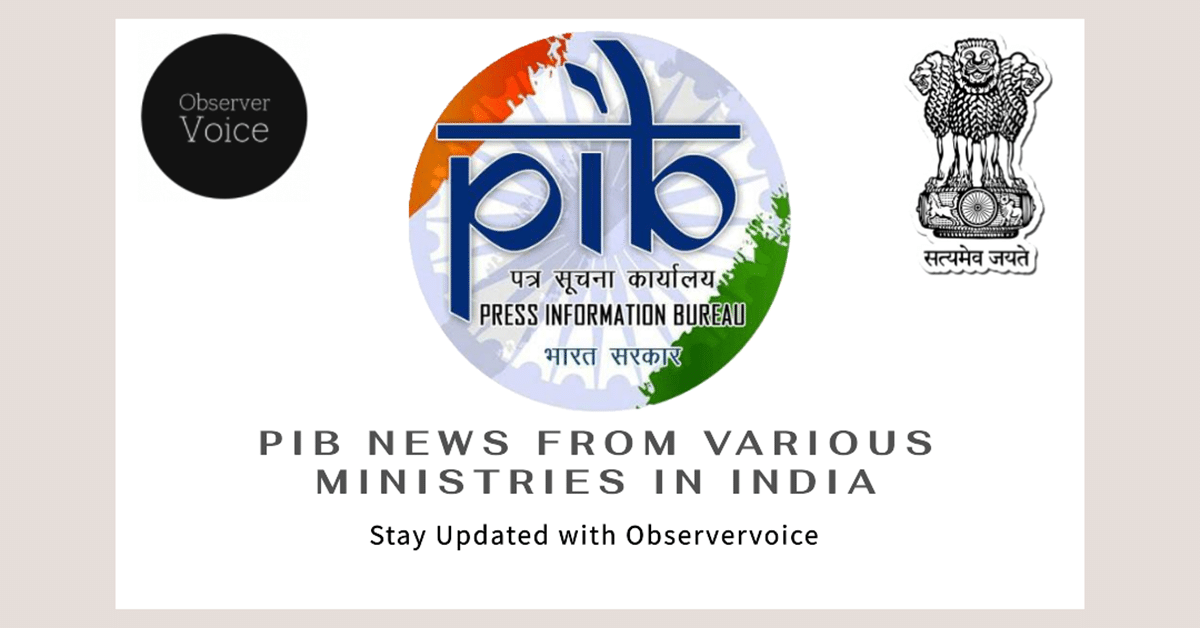The Boilers Bill, 2024: A New Era in Safety Regulations

The Boilers Bill, 2024, was introduced in the Rajya Sabha today by Shri Piyush Goyal, the Union Minister of Commerce and Industry. Following extensive discussions, the Bill was successfully passed by the Rajya Sabha. It will now move to the Lok Sabha for further consideration and approval. This Bill aims to modernize the existing Boilers Act of 1923, ensuring that safety regulations are relevant and effective in today’s context.
Background of the Boilers Bill
The Government of India is currently reviewing all pre-constitution Acts to assess their relevance in contemporary society. The Boilers Act of 1923, which focuses on the safety of life and property, is one such Act that requires urgent attention. The need for a new Boilers Bill arises from the necessity to update and refine the existing legislation to better serve current safety standards and practices.
The original Boilers Act was amended in 2007, introducing independent third-party inspections and certifications. However, further examination revealed that additional updates were necessary. The government recognized the importance of decriminalizing certain provisions in line with the Jan Vishwas (Amendment of Provisions) Act, 2023. This review process has led to the introduction of the Boilers Bill, 2024, which aims to eliminate obsolete provisions and incorporate new definitions for clarity.
The Bill not only seeks to modernize the existing framework but also aims to address the needs of various stakeholders, including industries and personnel involved in boiler operations. By doing so, it ensures that the legislation remains relevant and effective in promoting safety and efficiency.
Key Features of the Boilers Bill, 2024
The Boilers Bill, 2024, is structured into six chapters, a significant improvement over the existing Act, which lacks such organization. This new arrangement allows for easier navigation and understanding of the provisions. The Bill omits several redundant and obsolete sections from the 1923 Act, streamlining the regulatory framework.
New definitions have been introduced to clarify terms such as “notification,” “regulations,” and “State Government.” Additionally, existing definitions have been amended to align with modern practices. The Bill incorporates decriminalization provisions, allowing for fiscal penalties instead of criminal charges for non-compliance in certain cases. This shift aims to ease the burden on businesses while maintaining safety standards.
Moreover, the Bill empowers the Central and State Governments to create rules and regulations, ensuring that local contexts are considered in the implementation of safety measures. This flexibility is crucial for adapting to the diverse industrial landscape across India.
Enhancing Safety and Compliance
One of the primary objectives of the Boilers Bill, 2024, is to enhance safety standards for individuals working with boilers. The Bill includes specific provisions that mandate repairs and maintenance to be conducted by qualified personnel. This requirement is essential for minimizing risks associated with boiler operations.
The Bill also addresses the need for a more efficient regulatory framework. By converting fines for non-criminal offenses into penalties that can be levied through an executive mechanism, the Bill aims to reduce the reliance on court systems. This change is expected to expedite compliance and enforcement, making it easier for businesses to adhere to safety regulations.
Furthermore, the Bill retains criminal penalties for serious offenses that could lead to loss of life or property. This dual approach ensures that while minor infractions are treated with leniency, significant violations are met with strict consequences. This balance is crucial for fostering a culture of safety and accountability within the industry.
Observer Voice is the one stop site for National, International news, Sports, Editor’s Choice, Art/culture contents, Quotes and much more. We also cover historical contents. Historical contents includes World History, Indian History, and what happened today. The website also covers Entertainment across the India and World.

